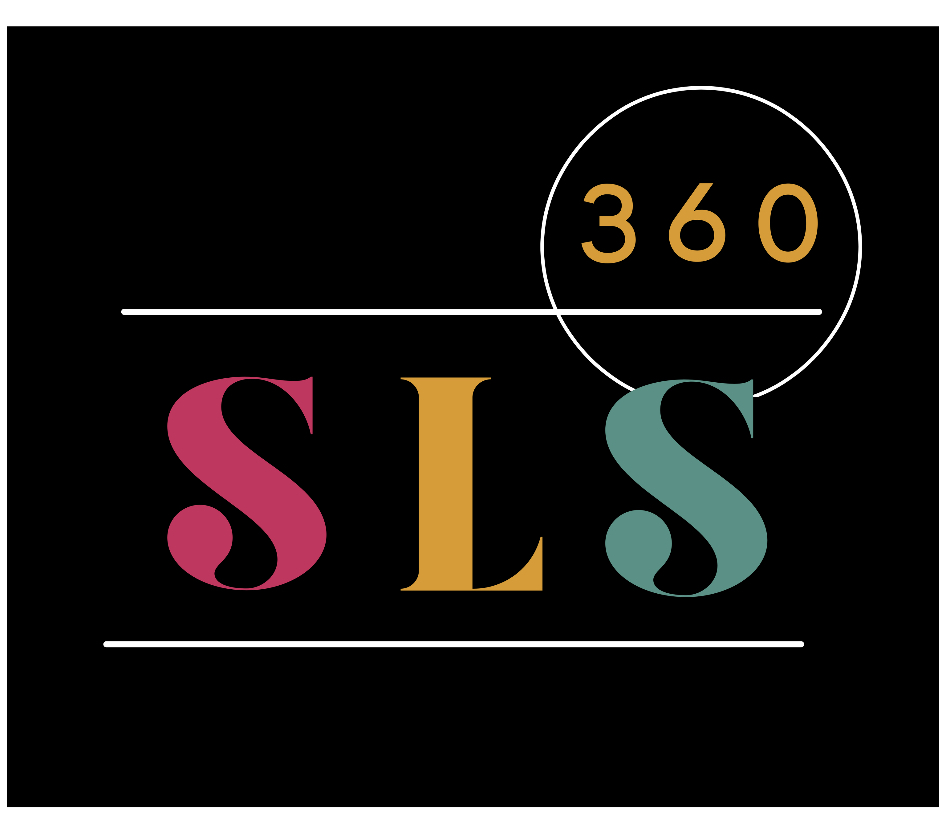Cultural Competency: The Missing Leadership Skill
- SLS 360
- Oct 17, 2025
- 2 min read
By Samantha Stimpson (Founder & CEO: SLS 360)

Inclusion is more than a buzzword. It’s the difference between a workplace where people thrive and one where they count the days until they leave. Too often however, organisations focus on diverse recruitment pipelines, strategies and policies without thinking about what happens once people walk through the door. That’s where cultural competency matters.
So, what is it?
Cultural competency is the ability to understand, respect, and adapt to cultural differences. It’s about recognising that people experience the world and the workplace differently, and responding with openness, humility, and respect.
Why cultural competency matters
Without cultural competency, even well-meaning leaders can stumble into microaggressions or blind spots. Over time, this chips away at trust, morale, and retention. Diverse hires become short-term hires.
With cultural competency, leaders can:
Build trust across differences
Reduce unintentional harm
Create an environment where people feel they belong
Unlock innovation and creativity from a wider pool of perspectives
How to start building it
First, listen deeply. That means going beyond just hearing someone’s words. It’s about really valuing lived experience, and resisting the urge to jump in with explanations or defences. When someone shares a perspective that’s different to yours, instead of thinking, “That’s not how it is” or “I didn’t mean it that way,” pause and ask yourself, “What can I learn from this?” Listening deeply is about creating space for others to be fully heard.
Second, challenge your assumptions. We all walk around with unconscious biases and stereotypes. That’s just part of being human. The work is in catching them. Ask yourself questions like: “Whose voices are missing here?” or “What am I not seeing because it doesn’t directly affect me?” It’s not about beating yourself up, it’s about being curious, and willing to see things from another angle.
Third, invest in learning. Cultural competency doesn’t happen by accident. It happens when we put the time in. That could look like formal training, but it could also be mentoring, reverse mentoring, or peer dialogue. It’s about exposing yourself to perspectives you might not naturally encounter. And remember, this is not a one-and-done exercise – it’s ongoing.
And finally, create safe feedback loops. This one is huge. People need to feel they can speak up if something isn’t working, or if they experience harm. That means making feedback channels clear, responding without defensiveness, and showing that concerns actually lead to change. If employees feel they’ll be ignored or punished for raising issues, silence sets in – and that silence can be costly.
Cultural competency isn’t an optional “soft skill.” It’s a leadership essential. Organisations that cultivate it will not only attract talent, they’ll keep it and that’s where the real transformation begins.
What we’re doing at SLS 360
SLS 360 supports organisations and individuals to be bold and brave in your efforts to affect positive change. For more information on SLS 360 and the I.D.E.A.L Network, visit www.sls360.org. You can also subscribe to receive our fortnightly audio casts, and monthly newsletter to be the first to hear about special offers and events in the world of inclusion, diversity, equity, and inclusion.
📩 Reach out to us at info@sls360.org to start the conversation.
🌐 Visit www.sls360.org to find out more.







Comments